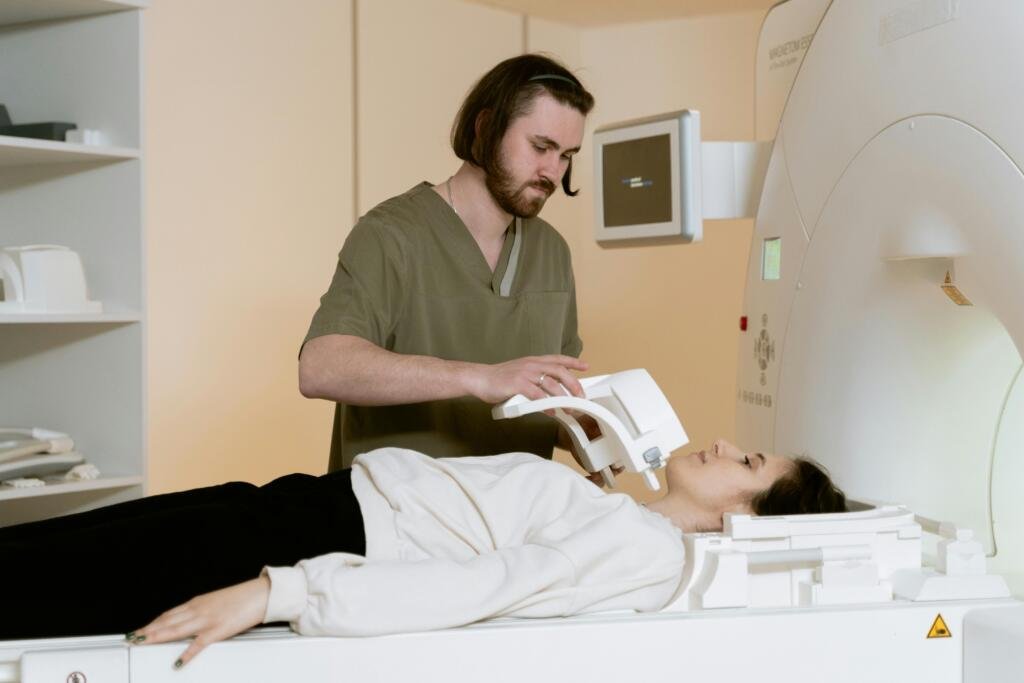Health and Well-Being Supports under the NDIS focus on promoting physical, mental, and emotional well-being, helping participants maintain their health and overall quality of life. These supports aim to prevent or manage health issues, improve daily functioning, and enhance participants’ ability to engage in activities they value.


Types of Health and Well-Being Supports:
NDIS Goals: Supports independence, improves mobility, and enhances overall well-being.
Allied Health Services
Purpose: Provides access to services such as physiotherapy, occupational therapy, speech therapy, and mental health support.
Examples: Therapy sessions, adaptive equipment, and training to improve physical and cognitive abilities.
Mental Health Supports
NDIS Goals: Helps participants build resilience, manage mental health challenges, and improve their quality of life.
Purpose: Offers counseling, psychological services, and mental health support to address emotional and psychological needs.
Examples: Therapy sessions, stress management, and strategies to improve mental well-being.
Role of Physiotherapy in Mental Health Support:
Mind-Body Connection: Activities such as yoga, meditation, and breathing exercises focus on relaxation, reducing anxiety, and improving body awareness, which are essential in managing depression
Integrated Approach: Physiotherapists work alongside mental health professionals to provide holistic care that addresses both physical and psychological aspects of depression.
Monitoring Physical Symptoms: Physiotherapy helps track physical symptoms (e.g., fatigue, mobility issues) that may contribute to depression.


